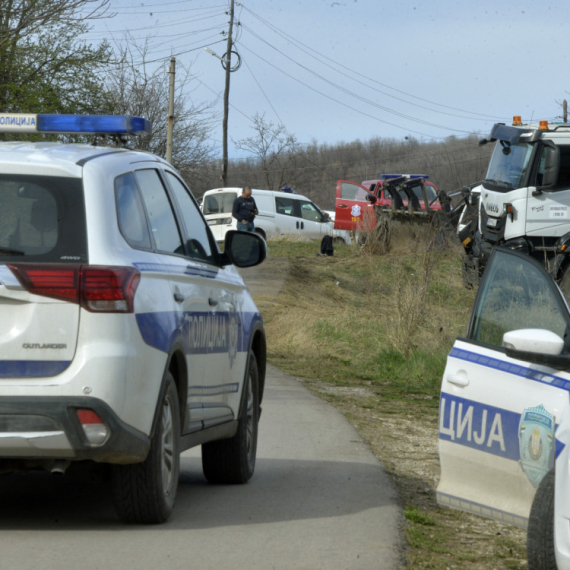"UNMIK mission in Kosovo – failure"
The UN administration in Kosovo has failed, Vienna Institute for Comparative Economic Studies expert Vladimir Gligorov says.
Friday, 19.10.2007.
15:14

The UN administration in Kosovo has failed, Vienna Institute for Comparative Economic Studies expert Vladimir Gligorov says. Gligorov bases his findings on the fact that UNMIK has not provided economic prospects for the people living in that province. "UNMIK mission in Kosovo – failure" Kosovo is officially proud of the economic growth of three percent it achieved last year, a figure economists can but laugh at, Vienna daily Die Presse quotes the expert. The international presence has represented a disaster for Kosovo's economy, Gligorov underlined. He explained that UNMIK had failed to create economic prospects for the local inhabitants, and underscored that the negotiations on Kosovo's future status had to address the province's economy. Gligorov said that the situation in Kosovo "could not get any worse than it was right now," pointing to the fact that the unemployment rate was somewhere between 35 and 40 percent, that the number of jobless people increased by the year, and that transactions of ethnic Albanians living abroad represented 20 percent, if not more, of the GDP. Namely, the remittances and the assistance from abroad make at least 40 percent of the GDP, he explained. Specifying that Kosovo's debt was huge and that there was a major disparity between import, at EUR 1.3bn and export, worth EUR 79mn, Gligorov said the international administration has even failed to make use of the province's mineral resources.
"UNMIK mission in Kosovo – failure"
Kosovo is officially proud of the economic growth of three percent it achieved last year, a figure economists can but laugh at, Vienna daily Die Presse quotes the expert.The international presence has represented a disaster for Kosovo's economy, Gligorov underlined.
He explained that UNMIK had failed to create economic prospects for the local inhabitants, and underscored that the negotiations on Kosovo's future status had to address the province's economy.
Gligorov said that the situation in Kosovo "could not get any worse than it was right now," pointing to the fact that the unemployment rate was somewhere between 35 and 40 percent, that the number of jobless people increased by the year, and that transactions of ethnic Albanians living abroad represented 20 percent, if not more, of the GDP.
Namely, the remittances and the assistance from abroad make at least 40 percent of the GDP, he explained.
Specifying that Kosovo's debt was huge and that there was a major disparity between import, at EUR 1.3bn and export, worth EUR 79mn, Gligorov said the international administration has even failed to make use of the province's mineral resources.



























































Komentari 21
Pogledaj komentare